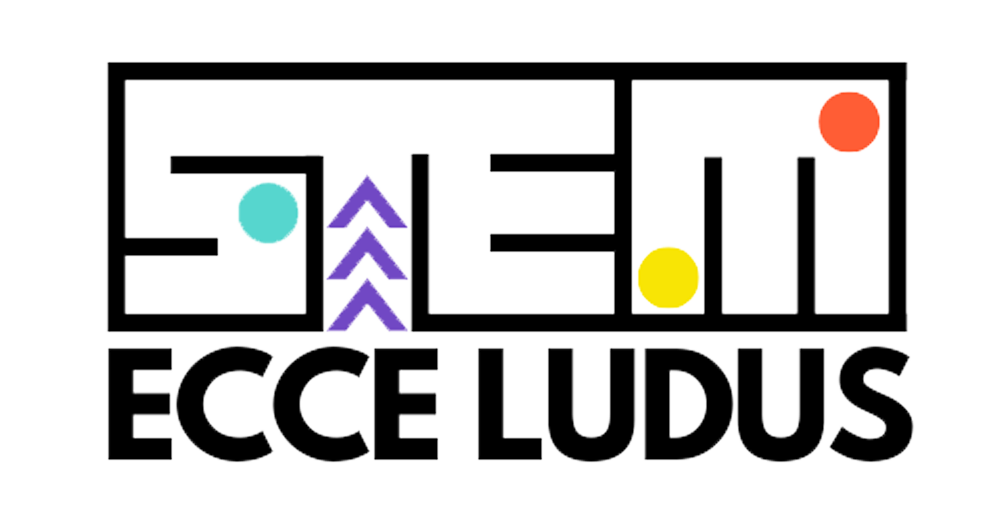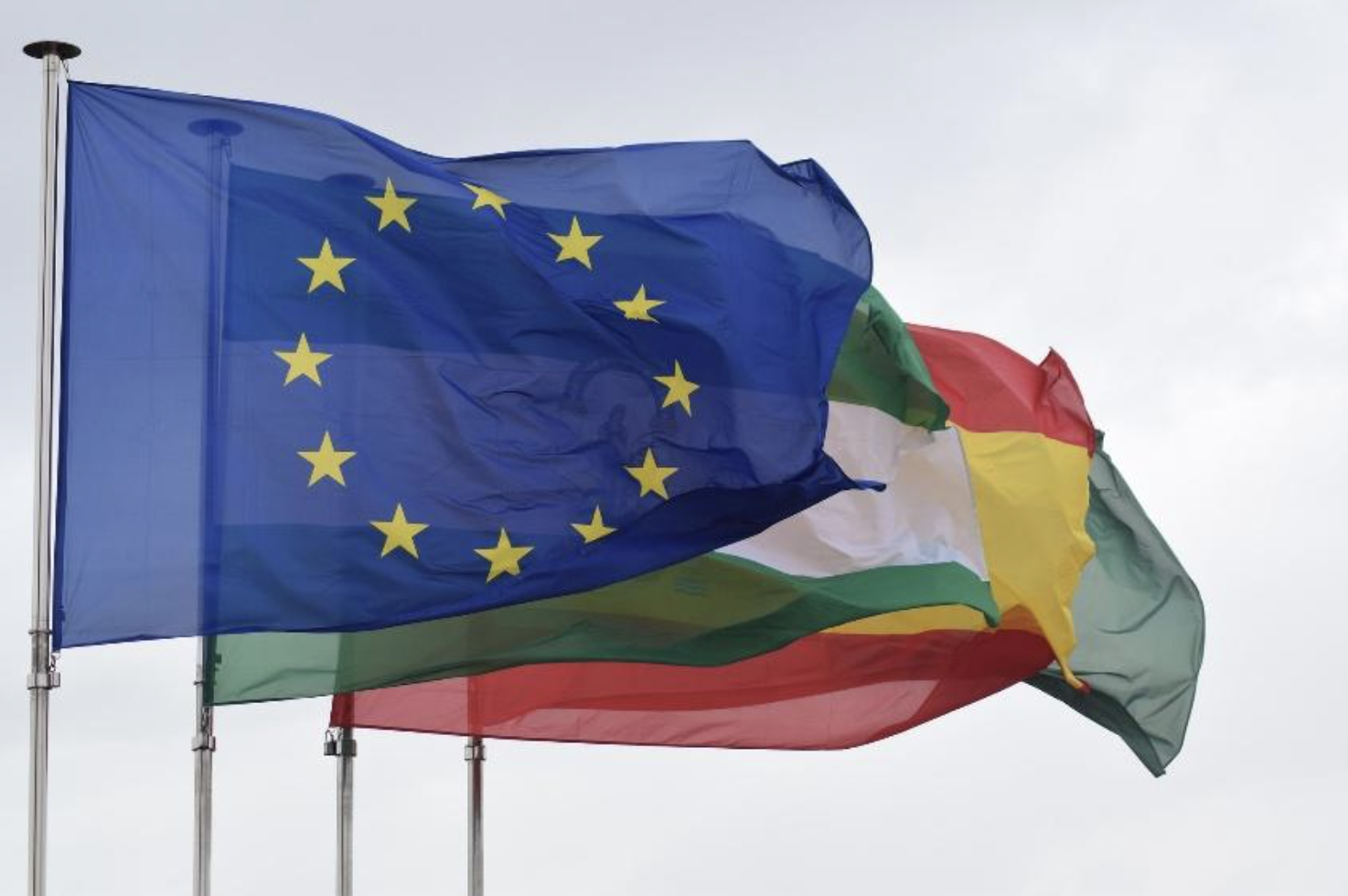ECCE LUDUS is an Erasmus+ Key Action 2 (KA2) project which is why we want to provide a small overview of the possibilities and context of such project. What does it entail? How is it structured? And what are the benefits for you as a participant?
Erasmus+ Key Action 2 projects are a central part of the European Union’s strategy to enhance education, training, and youth systems across Europe. These projects focus on cooperation for innovation and the exchange of good practices between institutions in different countries. Whether you’re a school, university, NGO, local authority, or private company, they offer a powerful framework for developing high-impact, transnational collaborations.
KA2 projects are divided into different strands, including:
- Cooperation Partnerships, which aim to develop and transfer innovative practices.
- Small-scale Partnerships, more accessible for newcomers and grassroots organisations.
- Alliances for Innovation, which connect the world of work and education.
- Capacity Building in the youth and education sectors.
These projects encourage institutions to design solutions together, share expertise, and co-create tangible outputs such as teaching materials, online platforms, training courses, curricula, or policy recommendations. Projects typically last from 12 to 36 months, depending on the scope and objectives.
Benefits and Possibilities of KA2 Projects
Participating in a KA2 project brings multiple benefits for organisations and individuals:
- Professional development for educators, youth workers, and staff through peer learning and collaborative design.
- Increased visibility and networking, opening doors to future partnerships and international work.
- Enhanced institutional capacity, especially for smaller organisations looking to expand their impact and reach.
- Access to innovative tools and resources developed with European partners.
Importantly, KA2 projects are not just about mobility, but about building something lasting—projects result in outputs that can influence national or regional educational practices and policies.
For young learners the results often translate into improved classroom experiences, more diverse educational opportunities, and exposure to internationally inspired resources and methods.
In short, Erasmus+ KA2 projects are about transforming education through collaboration, ensuring that knowledge, innovation, and good practices circulate across borders for the benefit of all.





